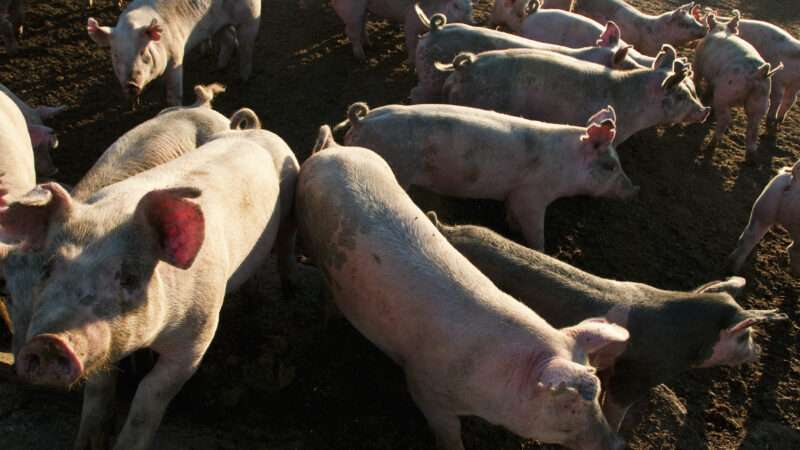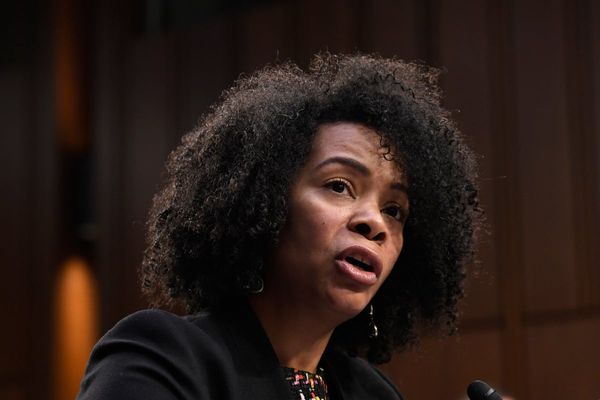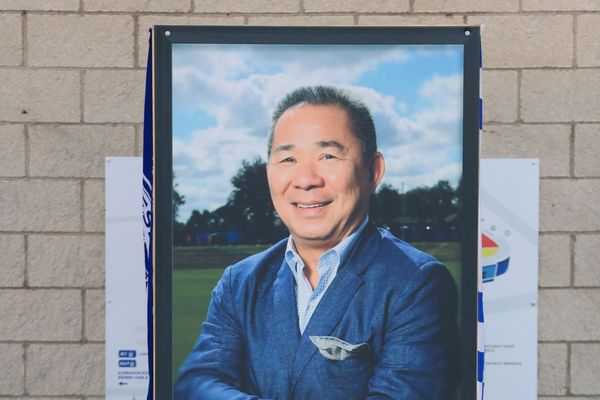
Iowa animal-rights groups are celebrating after a judge ruled that the state cannot criminalize unauthorized recordings of factory farms, slaughterhouses, puppy mills, and other livestock facilities.
On Monday, Judge Stephanie Rose of the U.S. District Court of the Southern District of Iowa ruled that a 2021 Iowa "ag-gag" law aimed at preventing undercover investigations of the state's agriculture facilities by animal rights activists presents an unconstitutional content-based restriction on speech. The law criminalizes making a video recording while committing the already-illegal act of trespassing on private property. Rose ruled that while the state of Iowa is free to continue punishing trespassing, it cannot try to stop individuals from making recordings while doing so. Thus, as much as the state may dislike undercover recordings of alleged animal abuse, such actions are nonetheless protected by the First Amendment.
Undercover investigations involving hidden cameras are a common and often effective tactic used by animal-rights activists. For example, investigations carried out by People for the Ethical Treatment of Animals (PETA) have resulted in "thousands of criminal charges filed, hundreds of U.S. Department of Agriculture (USDA) citations issued, and dozens of facilities shut down," wrote Katherine Sullivan, an author with PETA.
These investigations are troublesome for Iowa farmers who fear public backlash over the conditions inside their facilities or the methods used to slaughter animals. Iowa has passed four so-called "ag-gag" laws, attempting to target investigations into livestock farms. All four laws have faced legal challenges of varying success.
In 2021, the Iowa legislature passed its latest bill, which contained two additions to Iowa state law. One provision made it illegal for a person committing the already-illegal act of trespassing on private property to place or use "a camera or electronic surveillance device that transmits or records images or data while the device is on the trespassed property." The other provision, which has not been legally challenged, bans unauthorized sampling of soil, water, and animal body fluids or products on private property.
On August 10th, 2021, a collection of animal-rights organizations sued the state on First Amendment grounds. The organizations sought to block the enforcement of the state's ban on unauthorized recordings while trespassing, arguing that the statute "impermissibly restricts speech by making it a crime to place an electronic surveillance device on trespassed property." The state of Iowa argued that the law prohibits conduct, not speech, and thus is not subject to First Amendment oversight. Even if the law did regulate speech, the state claimed that it "is narrowly tailored to a significant governmental interest" and would thus be constitutional.
Judge Rose sided with the animal-rights organizations, arguing that the act of making a video recording is a form of protected speech. "Motion pictures and videos are included within the First Amendment's ambit," she wrote. "In addition to the doctrine regarding the creation of speech, the Eighth Circuit has found that recording, production, editing, and publication of videos is protected speech."
Rose continued, arguing that "It is true that the Act does not prohibit the editing, publication, or distribution of recordings or photographs on trespassed property. But it restricts the capture of such recordings or photographs, rendering the remaining steps in the protected video production process impossible. The act of recording is a necessary predicate to produce this protected speech and is protected under the First Amendment."
Further, Rose found the state's argument that the law was "narrowly tailored to serve a significant governmental interest," namely, the governmental interest of preventing trespass and "[protecting] proprietary information or trade secrets" unconvincing. She agreed with the animal-rights groups, who argued that the vaguely-written law is likely to suppress speech that has nothing to do with their activism, such as "reporters who access railroad tracks or public utilities to document an accident; people who use their phones to record incidents at private businesses; whistleblowers using electronics to show unsafe conditions or other employment misconduct."
Rose concludes that "There is a dearth of evidence to support the stated purposes for the Act, despite the fact that the law regulates a constitutional right. It is certainly true that property rights and privacy are important governmental interest but there is next to nothing in the record to allow the Court to find that the State narrowed the Act appropriately."
While animal-rights activists still risk trespassing charges, in Iowa, they remain free to make video recordings of animal treatment they find unethical.
The post 1st Amendment Protects Activist Recordings of Factory Farms, Rules Federal Judge appeared first on Reason.com.







